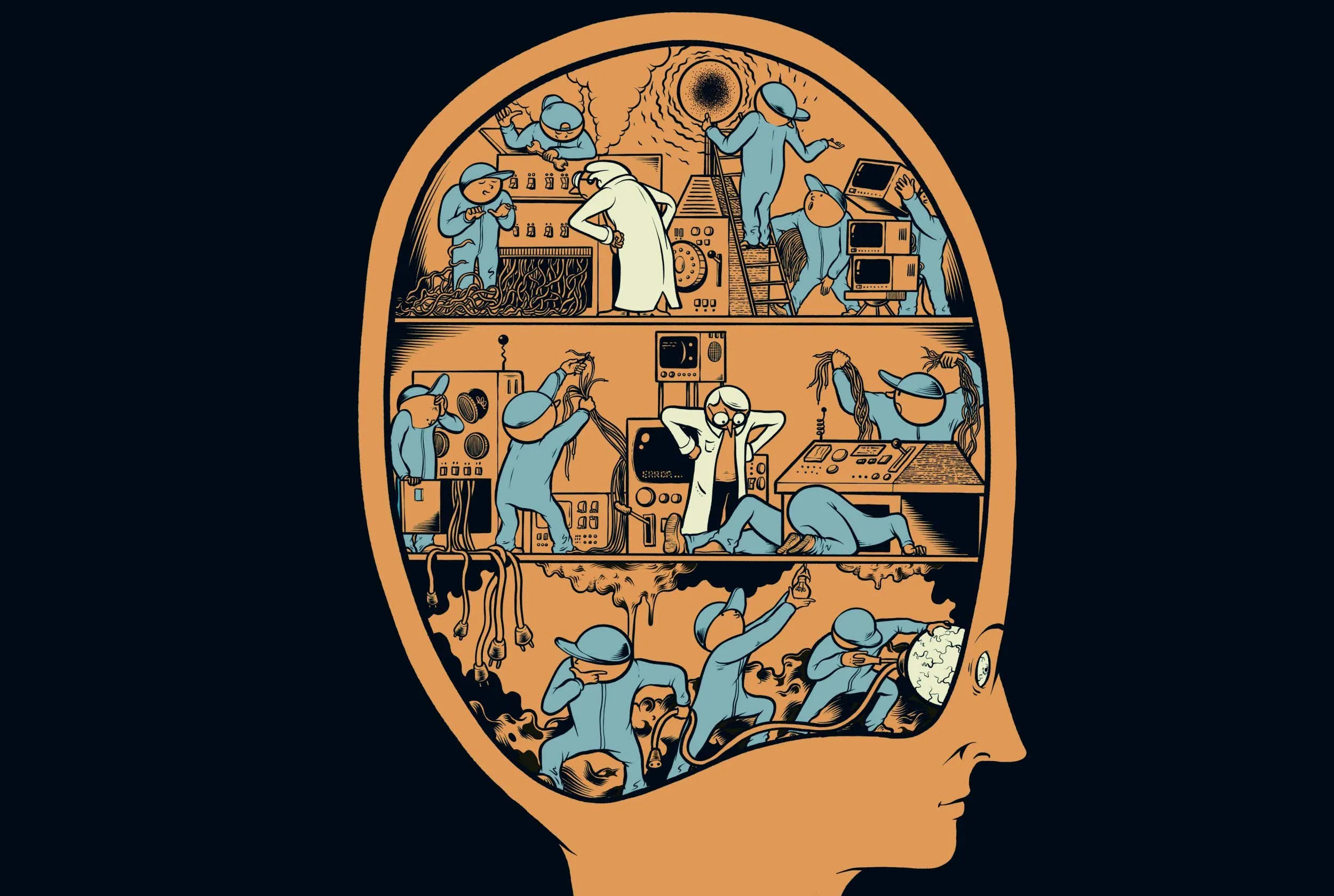Neuroscience: Exploring Microglia and Their Impact on Depression and Dementia

Microglia and Brain Health
Microglia serve as the brain's immune response, protecting against pathogens and clearing debris. However, their dysfunction can trigger detrimental neuroinflammation, linking them to depression and dementia.
How Microglia Affect Depression
Studies suggest that an imbalance in microglial activity can lead to mood disorders and cognitive decline. Researchers are investigating ways to moderate microglial function to alleviate symptoms.
Microglia and Dementia
In conditions like Alzheimer's, overactive microglia contribute to brain damage by promoting inflammation. Targeting microglial activity presents a potential therapeutic avenue to combat dementia.
Promising Research Directions
Ongoing research aims to develop treatments that restore microglial function, potentially paving the way for breakthroughs in managing neuroscience related illnesses.
This article was prepared using information from open sources in accordance with the principles of Ethical Policy. The editorial team is not responsible for absolute accuracy, as it relies on data from the sources referenced.